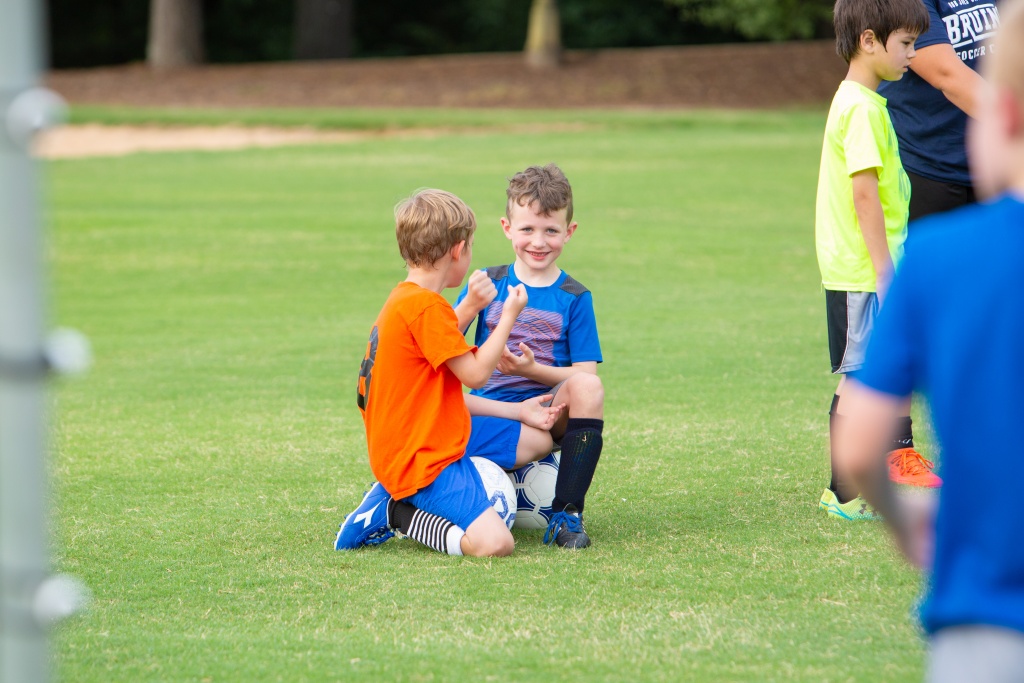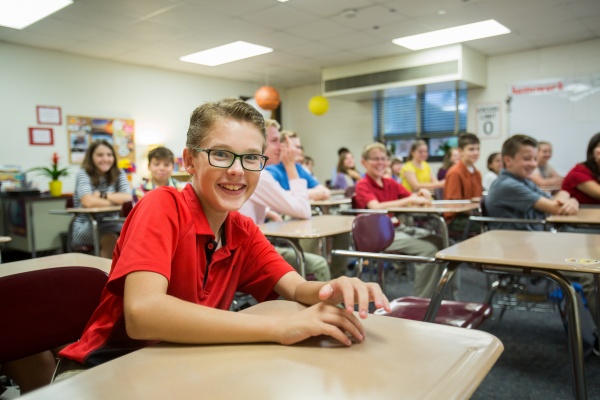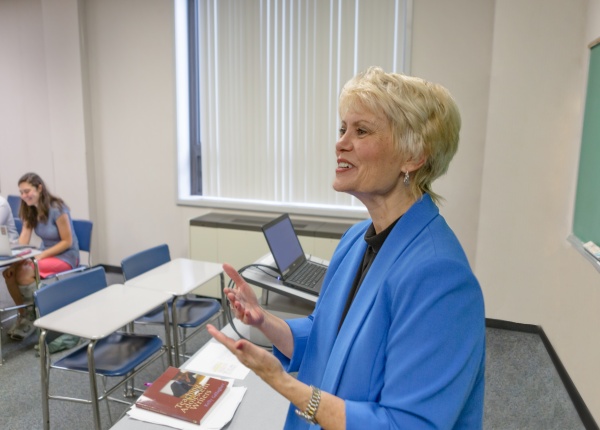Social struggles are common in today’s classrooms and throughout everyday life. Whether it’s the toddler glued to a screen watching “Baby Shark” videos rather than interacting with others, the third grader who walks around the playground by himself at recess, or the teen who avoids a bully by faking illness to stay home from school, there are plenty of examples of children struggling with social skills. These struggles are increasingly impacting classrooms across the country. So, what can we do? First, we have to understand the problem and then address it.
Our Need
God created us as social beings. It was not good for Adam to be alone, and before the fall, Adam and Eve had daily fellowship with God. We are designed to crave meaningful interaction with others! The Bible directly addresses friendship in Proverbs 17:17 and 27:17 as well as in the examples of David and Jonathan, Ruth and Naomi, Jesus and Peter, and Paul and Barnabas. Relationships are important to God and should be important to each of us.
Research in psychology also concludes that social relationships are crucial. School avoidance, delinquency, depression and troubled adult relationships are all related to isolation from or rejection by childhood peers. If we don’t help children hone their social skills, we can expect them to encounter problems down the road.
The Problem
Changing Times
Kids today are getting less social practice than generations past. Most of us grew up eating dinner with our parents and talking over the day’s events. Today, this rarely happens for many families. Instead, children eat in the car, in front of the TV, or sometimes by themselves in their own rooms. This is just one example, but it highlights an important societal shift.
Another noteworthy change is the increase in technology usage, especially social media. Although most parents understand the dangers of personal social media accounts for children, many don’t realize the harm their own use can cause. Parents distracted by technology don’t spend as much quality time interacting with their children. There are plenty of memes out there about putting your phone down and being present in the moment, but many of us fail to heed this advice. Children just don’t get as much practice with conversation and other crucial social skills when the adults around them spend time engaged with screens.
Children’s Personalities
Some children seem to be more vulnerable to social woes than others. Those with shy temperaments often avoid social interaction. This means that these kids get less social practice than their extroverted peers, which in turn can mean that they will struggle more. In other words, the ones who need the most social practice often get the least. These children may struggle with specific skills like initiating play or starting conversations.
Another category of children who are at-risk socially is those who have suffered abuse or neglect. Those who have suffered abuse may be fearful or guarded in their interactions, while those who have been neglected often haven’t experienced normal social interactions in the home.
Autistic children are another group often needing extra help with social situations, and their social deficits may be more severe. They often struggle with taking the perspective of others. This can be devastating to social interactions because it makes it difficult to anticipate other’s responses. Also, not understanding the interest of others makes it difficult for children with autism to craft conversation that engages others. Other students may feel awkward engaging those with autism because of a lack of eye contact or a limited range of facial expressions. Each of these categories of students need extra help to bolster their skills and confidence.
Social Learning Strategies
Cooperative Learning Activities
Children spend many hours in the classroom, so utilizing that time to hone social skills just makes sense. Cooperative learning activities can help to provide socialization in practically any school environment. Cooperative learning involves having students (or siblings for homeschool groups) work together to investigate a topic, complete a project or solve a problem. Because these activities require cooperation in order to achieve success, students must communicate and work together. Starting conversations, handling disagreements, and communicating complex ideas are just a few of the social skills that will be enhanced through frequent use of cooperative learning. There are many other smaller ways to work social practice into class time. Simply having students turn to a classmate and explain or review concepts is an easy way to increase social practice in the classroom.
Social Interpretation and Coaching
Children who have more serious struggles might benefit from the more direct methods of social interpreting and social coaching. These two techniques are just what they sound like. Social interpreting is explaining social cues to children who don’t interpret them correctly for themselves. For example, having a discussion with an autistic student about the facial expression of his classmate whose feelings he just unintentionally hurt would be social interpreting.
Social coaching involves prepping a child to engage in a specific social skill such as asking to join play at recess. To be a social coach, you’ll need to explain the situation to your “player” and practice the needed skills with them. Role play often helps. When he or she is ready to engage peers and try the skill, the coach is on the sidelines offering emotional support. Both techniques can offer timely help for social strugglers.
Interaction with Younger Children
For children who are easily intimidated in social situations, spending time with younger children can be a great way to provide low-stress socialization. In a school setting, this can happen if children are allowed to spend time with other grade levels at lunch or recess. Being a designated helper for younger students can also provide lots of confidence-building experiences for a social struggler. Of course, the ultimate goal is to reduce stress and improve skill to the point that same-age interactions are fruitful and fun.
Whatever the school or home setting, intentionally fostering social skills is beneficial for children. Relationships are crucial for each of us, and children are certainly no exception. Relationships encourage us in our daily walk and can serve as bridges for sharing the gospel message. Preparing children to participate in redemptive and supportive relationships is an important aspect of education that parents and teachers should embrace.








